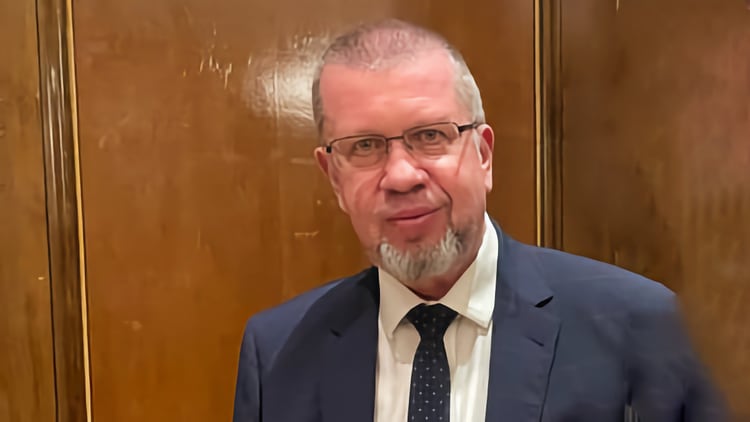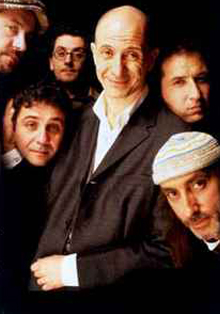Luis Ayllón
The Spanish Government yesterday summoned the ambassador of the Russian Federation in Madrid, Yuri Klimenko, to ask for explanations for the death of Alexei Navalni, the opponent of Vladimir Putin, who died last Friday in the IK-3 prison in Jarp, in the Yamal-Nenets region, about 1,900 kilometers northwest of Moscow.
Spain thus joins the decision adopted by the Governments of Germany, Sweden, Finland and the Baltic Countries, as well as the United Kingdom, which have also summoned the Russian ambassador to demand explanations for Navalny’s death.
Diplomatic sources consulted by The Diplomat indicated that Klimenko will go to the Ministry of Foreign Affairs in the next few hours, although they did not specify which senior official in the department will be in charge of receiving him.
Yesterday morning, the Minister of Foreign Affairs, José Manuel Albares, said from Brussels, where he was participating in a meeting of the EU Foreign Affairs Council, that Navalny’s death is “totally unjustified and should never have occurred.” Furthermore, he stated that the “ultimate person responsible is evidently the one who unjustly put him in prison for political reasons.”
Albares, along with the rest of the foreign ministers of the European Union, met yesterday in the community capital with Navalni’s widow, Yulia Navalnaya, and asked that Russia clarify the causes of death as soon as possible “in a credible manner.”
“I have expressed my support for Yulia Navalnaya, just as I express it to so many defenders of democracy and freedoms. The Government of Spain always, in all parts of the world, is on the side of those who defend democracy, freedom and human rights,” the minister said in a press conference at the end of the meeting of community ministers.
Already last Friday, Albares had asked Russia for a “clarification of the circumstances” of Navani’s death, “which occurred – he said – during his unjust imprisonment for political reasons.”
Also the President of the Government, Pedro Sánchez, wrote on his X social network account that he was “shocked by the news of the death in prison of Alexei Navalny, unjustly imprisoned by the Putin regime for his defense of human rights and democracy.”
To honor the memory of the opponent, the EU High Representative for Foreign Affairs, Josep Borrell, proposed that the European human rights sanctions regime be named after Alexéi Navalni.
The call by the Russian ambassador in Madrid also coincides with the confirmation that the Russian pilot Maxim Kuzminov, who deserted last August to surrender to the Ukrainian Army with the helicopter he was piloting, has been found dead in Spain, according to sources from the Ukrainian military intelligence cited by the Kyiv Post.
Sources from the Civil Guard consulted by Europa Press indicated that on Tuesday of last week a person was found dead with several gunshot wounds in Villajoyosa (Alicante), and added that the identity that appeared of this person “could be false and could be another individual.”
A member of the Intelligence Directorate of the Ukrainian Ministry of Defense, Andrei Yusov, told the UNIAN agency and the kyiv Post newspaper that the deceased is Maxim KUzminov.
On the other hand, in his appearance before journalists, the Spanish Minister of Foreign Affairs recalled that Navali’s death occurred shortly before the second anniversary of Russia’s invasion of Ukraine, and stated that Europeans must “do even more predictable the shipment of all types of material, including material” to the Ukrainian Army.
After being convinced that Europe is not going to fail the Ukrainians, he said that Spain will maintain its support for Ukraine “as long as necessary, with everything that is necessary so that it can reestablish as soon as possible its territorial integrity, its sovereignty and that peace returns.”







